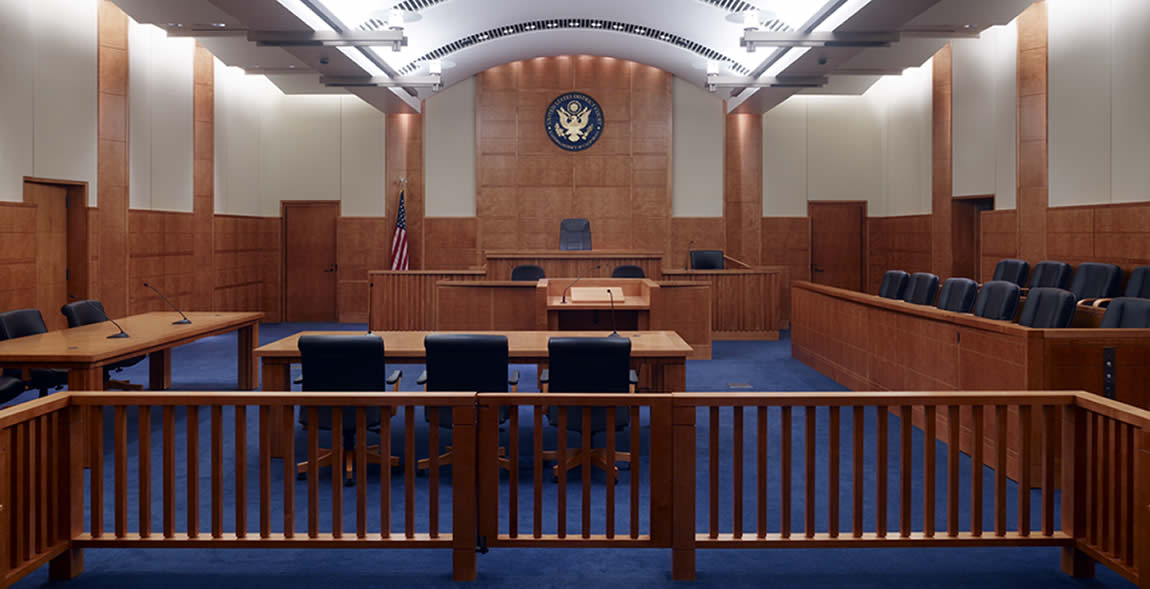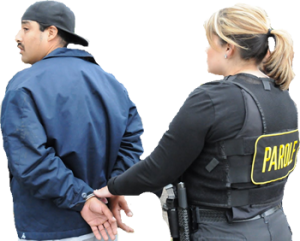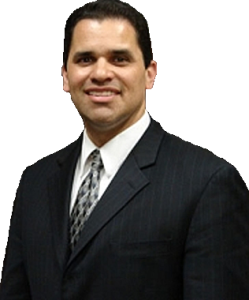 Se Habla Espanol
Se Habla Espanol
1. What happens after an arrest? (Criminal Attorney Fresno, Ca)
The police officers involved in the arrest write reports about the crime, obtain statements from any witnesses, run background checks of the suspects and do further investigation (if needed) before submitting the information to the district attorney or to an investigating detective. For example, in a DUI case, there is usually no further investigation necessary and the information goes straight to the district attorney. However, in an assault case, a detective in the assault unit will usually follow up by contacting any witnesses and the alleged victim. Once any investigation is complete, the case is forwarded to the district attorney’s office for review. A prosecutor will review the documents to determine if criminal charges, either a felony or misdemeanor, will be filed.
2. What is bail? Will the money be returned when the case is over? (Criminal Attorney Fresno, Ca)
Bail is a means of ensuring that a defendant in a criminal case will return to court once released from custody. If the person (or their attorney) does not appear then the bail is forfeited. Bail can be posted in one of two ways. First, the defendant can post “cash” bail for the full bail amount. At the conclusion of the case bail is typically “exonerated” and a check for the full amount posted is mailed to the defendant. The second method is for a bail bond company to post a bond. The bail bondsman typically charges a 10% fee for their service. This fee is not returned at the conclusion of the case. If the defendant has already retained an attorney most bond companies will offer a reduction of their fee. In many misdemeanor cases bail is not required and the individual is on their own recognizance (O.R.).
3. What if I am innocent, do I still need a lawyer? (Criminal Attorney Fresno, Ca)
Many people who are falsely accused of a crime believe that all they have to do is explain the truth and the case will go away. This is not true, police and prosecutors have people telling them that they are innocent every day, and they are institutionally predisposed not to believe them. In many cases people who are actually innocent have the most difficult cases and it is very important that they have representation.
4. What if the person who reported the crime to the police no longer wants to prosecute? (Criminal Attorney Fresno, Ca)
Unfortunately, in most cases, even if the person who reported the crime wants to drop the matter, prosecutors will still proceed with the case. There are many reasons people may change their mind and prosecutors rarely just drop the case, especially if it involves domestic violence. The only exception is sex crimes cases, as the prosecutor will respect the wishes of the alleged victim.
5. What happens at the first court date? (Criminal Attorney Fresno, Ca)
The first court date is called the arraignment. It is at this hearing that the defendant is informed of the charges that have been filed and typically enters a Not Guilty plea. If the person is out on bail or O.R. then they will remain out of custody unless the district attorney can demonstrate that the person is a flight risk or a danger to the community.
6. I was arrested for a felony, will I be charged with a felony? (Criminal Attorney Fresno, Ca)
Regardless of what the arrest was for the district attorney who reviews the evidence makes an independent determination of what charges to file. So, in some cases, even though you may have been arrested for a felony you may be charged with only a misdemeanor.
7. What if I believe my rights were violated? (Criminal Attorney Fresno, Ca)
Police misconduct can happen, both in searches involving traffic stops or in a criminal suspect’s home. If a rights violation is detected from a review of the evidence, a defense attorney can file a motion to suppress evidence. In most cases, if evidence is suppressed, it effectively destroys the prosecution’s case. This can result in the case being dismissed or charges substantially reduced.



